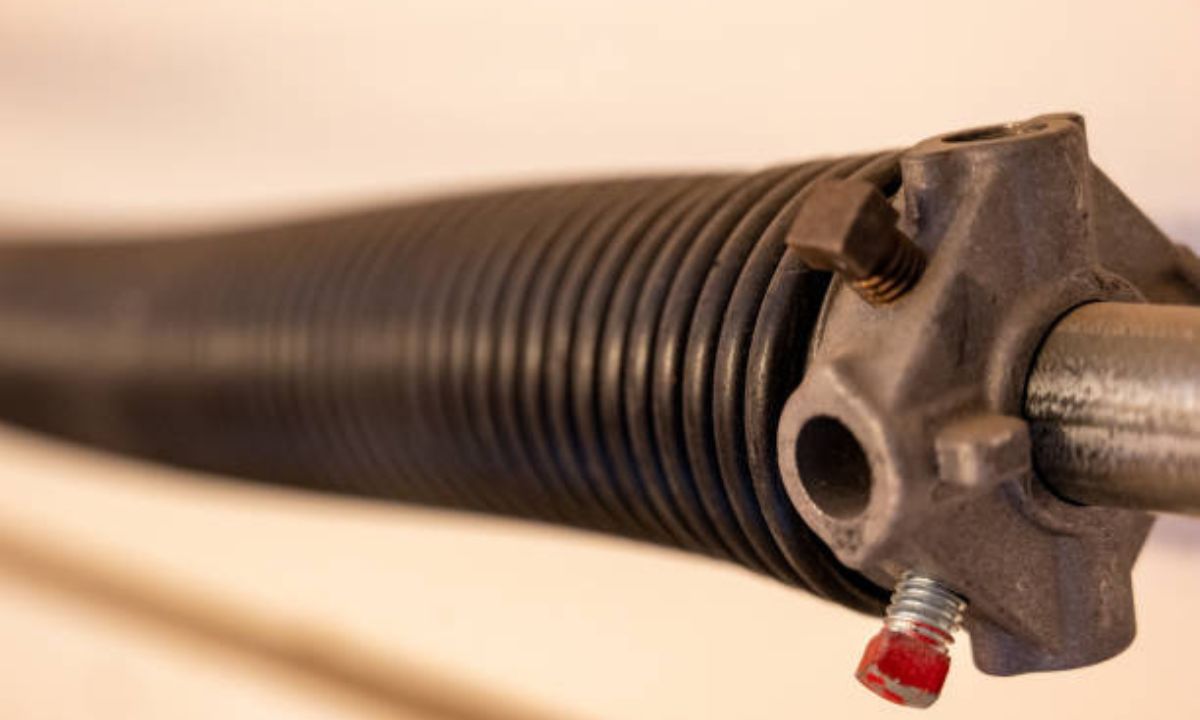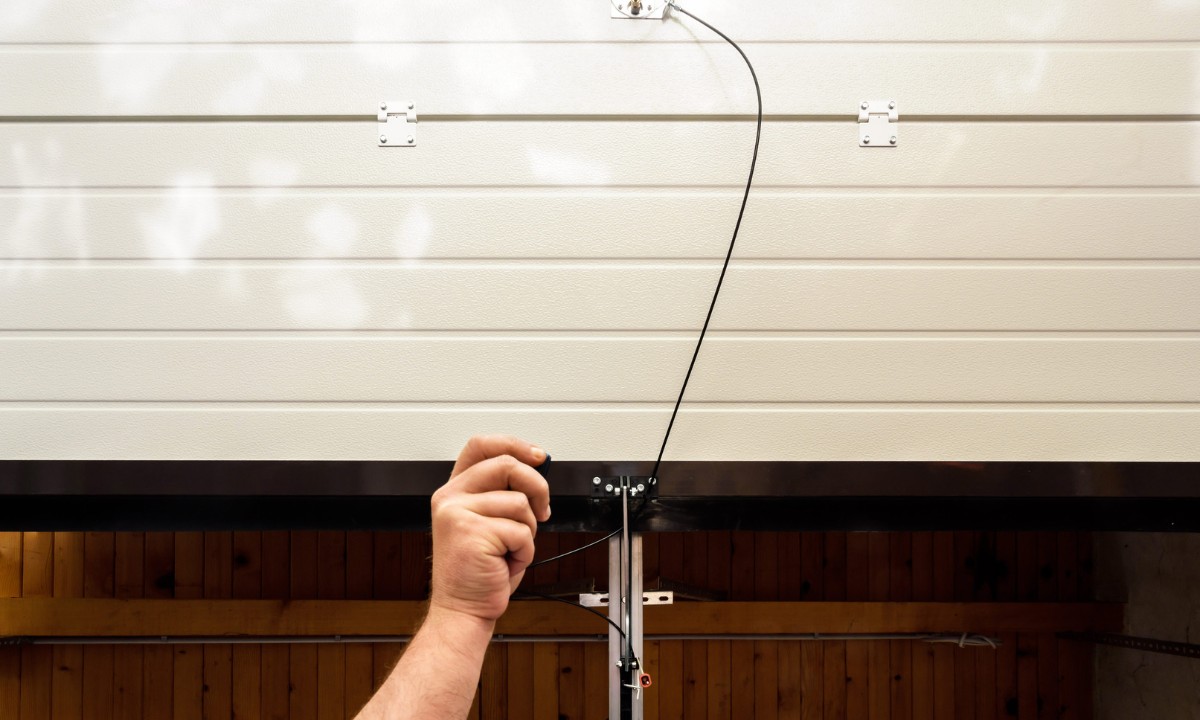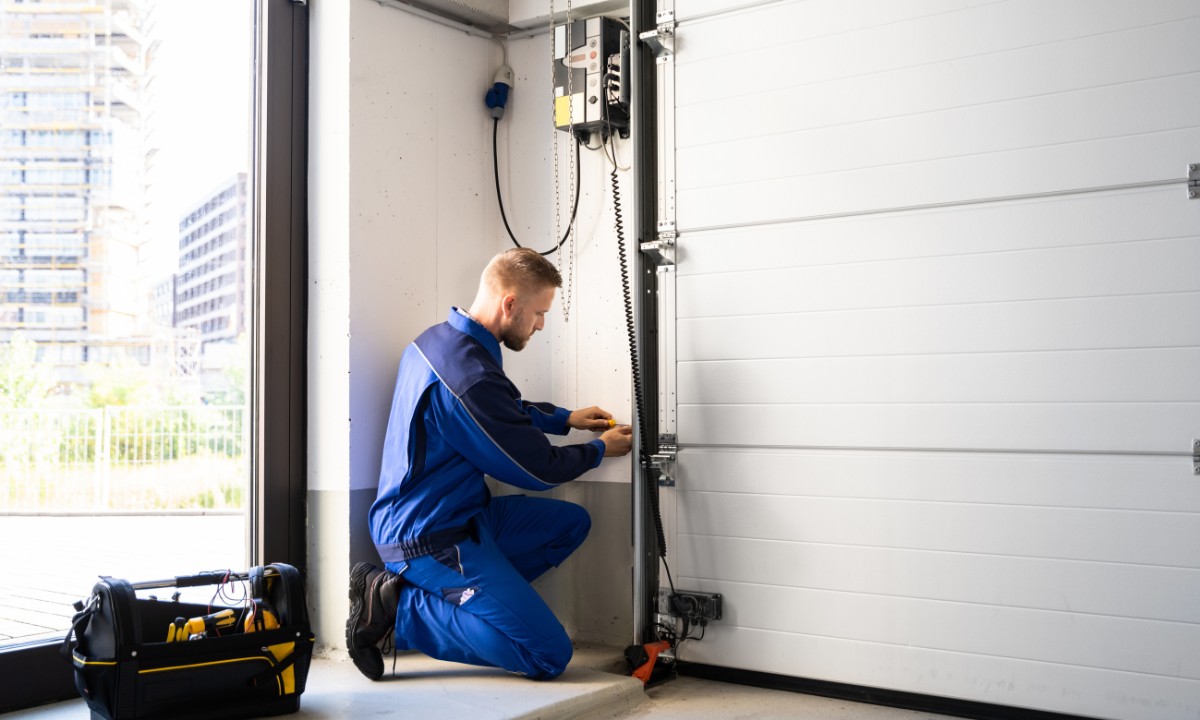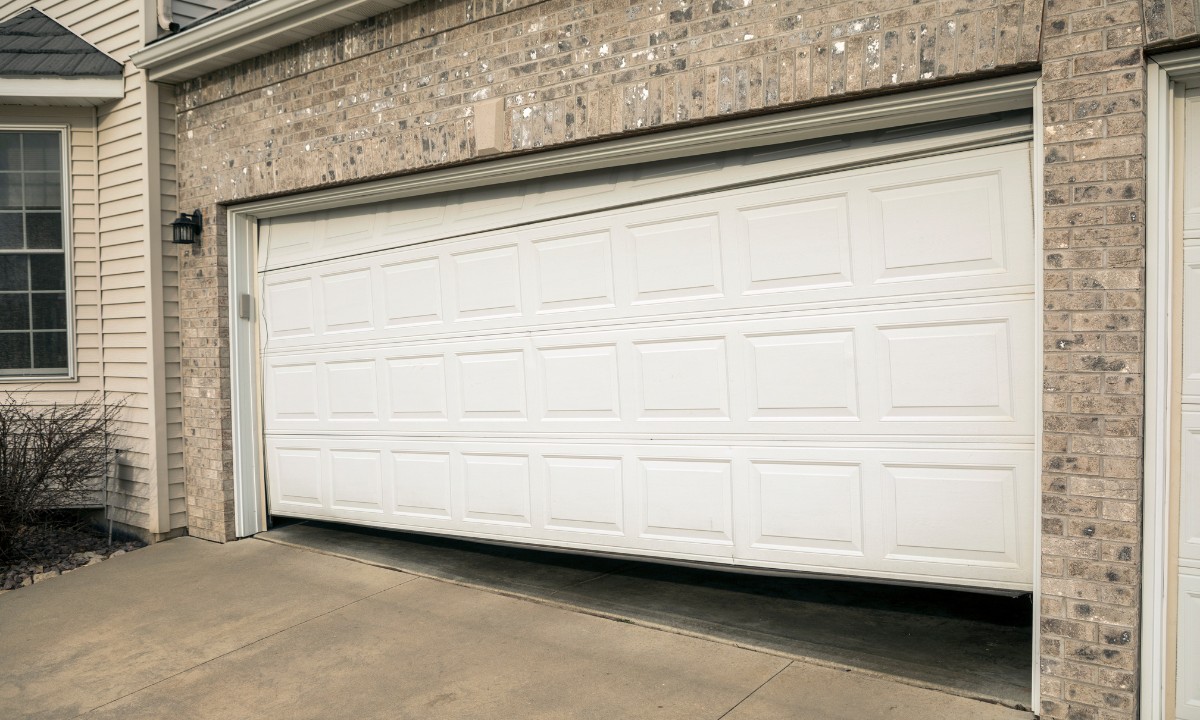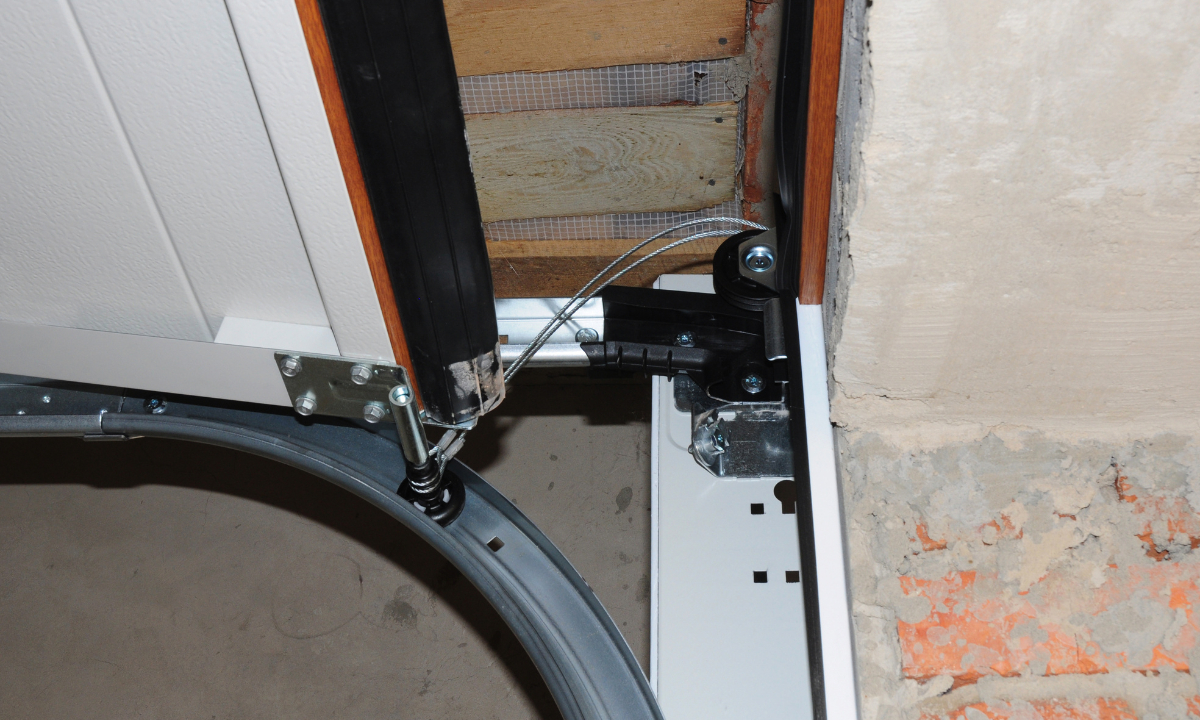The Science of Rossville, Tennessee Garage Door Spring Repairs
An Overview
A picturesque community of just a
thousand people, Rossville, Tennessee, is tucked away amid the breathtaking
scenery of Fayette County. Rossville, which is well-known for its friendly
locals and tranquil surroundings, has a variety of climates, with warmer, muggy
summers and milder winters. The lifespan and functionality of garage door
springs might be impacted by certain weather conditions. Maintaining a
dependable and secure garage door system in this area requires an understanding
of the physics underlying garage door spring maintenance.
A Look at Science in Rossville,
Tennessee
Springs for garage doors are
essential to the operation of the system. To guarantee efficient operation,
they rely on mechanical engineering and physics concepts. Knowing the physics
underlying these springs enables homeowners in Rossville, where the weather can
have an impact on metal components, to make well-informed decisions regarding
upkeep and repairs.
Different Spring Repair Types
Torsion springs and extension springs
are the two main types of garage door springs.
Torsion Springs
Located above the garage door,
torsion springs raise and lower the door with a torque-driven mechanism. As the
door moves, they store potential energy by winding and unwinding. The physics
underlying these springs includes knowledge of rotational motion mechanics and
force balance.
Extension Springs
To help with the movement of the
garage door, extension springs are situated on either side of the door. They
can expand and compress. They rely on Hooke's Law, which says that a spring's
displacement determines how much force is needed to compress or stretch it.
Fundamental Science of Spring Repairs
Hooke's Law
This law is essential to extension
springs. It explains the connection between the spring's compression or
elongation and the force it applies. To balance the garage door, the proper
tension for the extension springs must be determined.
Torque and Energy Storage
The concepts of torque and energy
storage underpin the operation of torsion springs. The spring accumulates
potential energy as it coils and transforms it into kinetic energy to raise the
door. Torsion spring calibration must be precise in order to preserve the
door's balance and functionality.
Material Science
To sustain high levels of stress,
springs are usually made of high-tensile steel. It is essential to comprehend
the material's tensile strength and elasticity in order to diagnose spring
problems and choose suitable replacements.
Typical Problems
There are several typical problems
with garage door springs, each with a scientific explanation:
Metal fatigue, which happens when a
material is continuously pushed beyond its elastic limit, can cause springs to
fail. Wear and tear, overloading, or poor installation can all cause this.
Rust and Corrosion
Springs may experience rust and
corrosion in the humid climate of Rossville, which would reduce their
structural integrity. The spring may become weaker and less flexible due to
rust, which could result in a malfunction.
Misalignment
When springs are misaligned, the
garage door's balance is impacted, leading to uneven wear and possible damage. To
guarantee smooth performance and avoid putting too much strain on the springs,
proper alignment is essential.
Recognizing Spring Failures
Metal Fatigue
Repeated tension over time can result
in metal fatigue, which can damage or split the springs. It is possible to
anticipate such failures by being aware of the spring material's fatigue
limits.
Corrosion Effects
By lowering the springs' tensile
strength, rust and corrosion erode them. These impacts can be lessened by doing
routine maintenance and by utilizing rust-resistant materials.
Improper Installation
Improper installation can result in
misaligned and tensioned structures, which can lead to early failure.
Professional installation of springs contributes to the longevity and function
of the component.
Science-Based Replacements
The following scientific aspects need
to be considered while changing garage door springs:
Spring Size and Tension
To guarantee correct operation, the
new springs' size and tension must correspond to the door's specifications. It
is necessary to comprehend the weight and balance needs of the door to
calculate the proper tension.
Expert Calibration
To guarantee the door runs smoothly
and safely, the new springs must be calibrated correctly, requiring exact
adjustments. Experts attain the ideal balance and tension by applying their
understanding of mechanics and physics.

